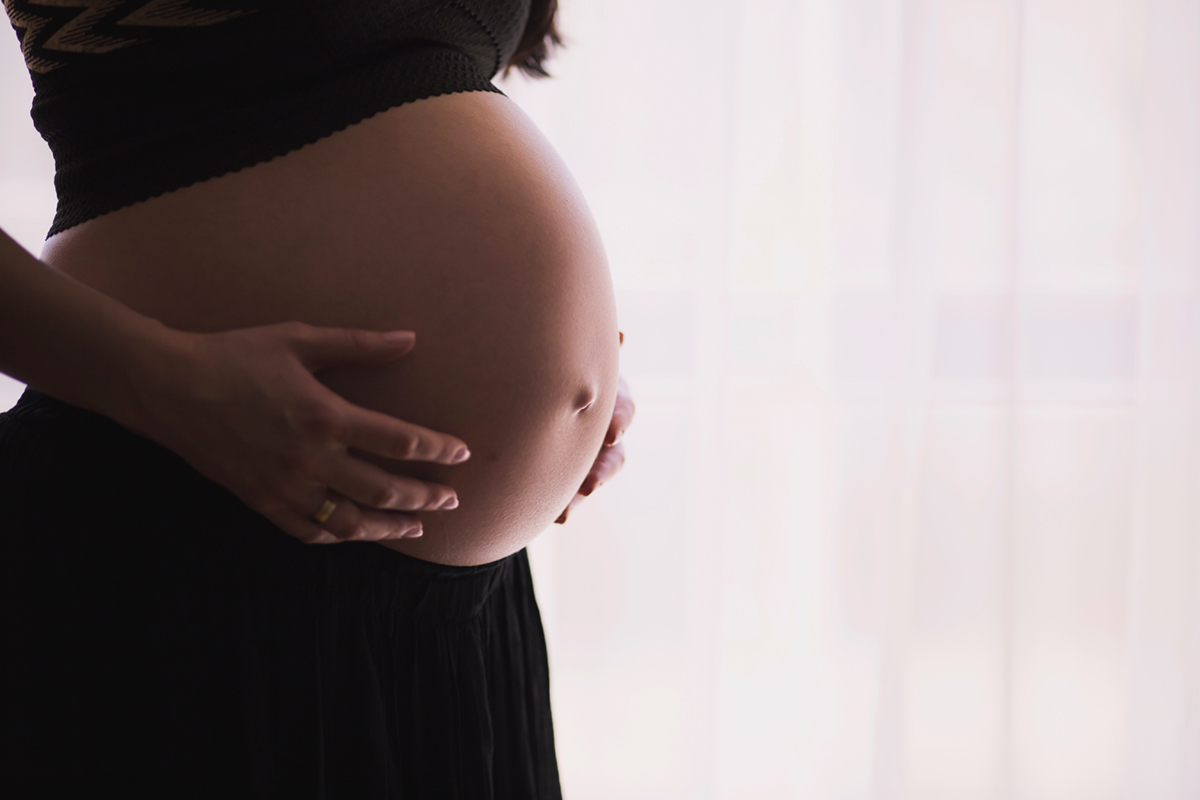
The menstrual cramps can be mistaken for some other cramping such as the implantation cramping. We will focus on this problem, on the causes and some treatment options associated with it. The cramps are usually felt once the fetus gets hold of the uterus wall. This is something very common and normal, but implantation cramping is not that common. The menstrual cramping is very similar to the cramping and bleeding caused by the implantation cramping problem. We will try to explain the differences between these two, and how to detect which one is which.
Cramping and Bleeding
The implantation can cause the cramps. The cramping we are talking about occurs in the same time the implantation occurs, which is around 8 to 10 days after the ovulation. This is when the uterus wall connects with the fetus. Cramping caused by the implantation suggests pregnancy and it is one of the first signs that the woman is pregnant. So, you can see that these problems should be nothing to worry about, but to be happy and welcome them with a bit of nervousness.
Symptoms
The lower abdomen area is where the basic symptom associated with implementation cramping occurs. The dull ache can be felt from this location. Once the sperm fertilizes the egg, small pain is felt and the severity of the pain depends on many factors, but it can be anything from severe to mild. We have mentioned that these cramps are easily mistaken for menstrual, which is why most women are surprised once they see that they are pregnant. They may have missed the initial sign, but on the other side, the fact is that these cramps are not felt by all pregnant women. In some cases, the cramps were not even present, but the bleeding was. The bleeding and cramping may be of a slight intensity and easy to miss, but there is no need for panic even if you can detect them. The cramping caused by implantation lasts a day or two. A doctor has to be consulted if the problem persists for more than two days, because this suggests miscarriage. There are several problems that can happen in this situation, such as urinary tract infection, preeclampsia, placental abruption, pre-term labor and ectopic pregnancy, and they have to be checked out. There are some minor things, like gas, which can also cause the mentioned problems.





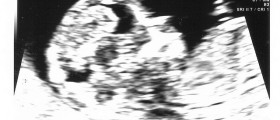
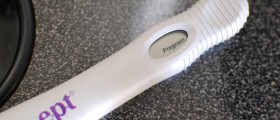

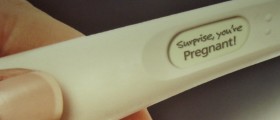

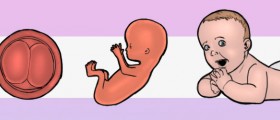






Your thoughts on this
Loading...